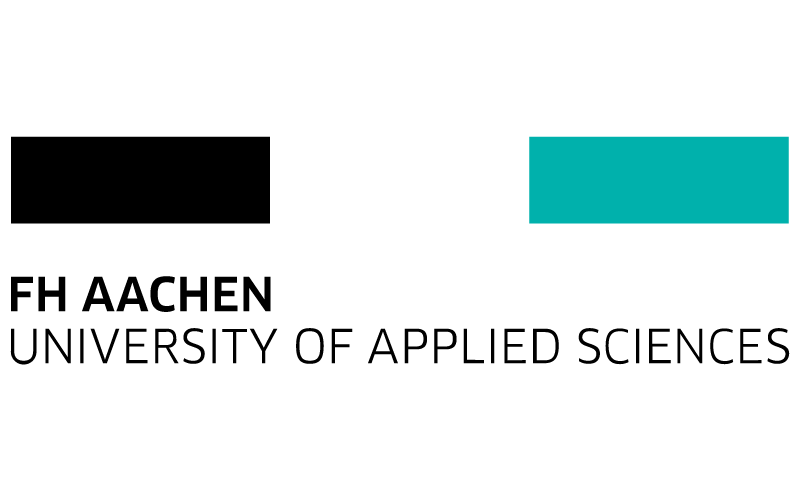ARENA team
The ARENA consortium is constructed based on the partners’ expertise in the detection and analysis of ABs, ARGs, ARBs and pathogens, also targeting aquaculture systems through the development of novel and rapid approaches to detect levels and effects of antibiotic contamination.

CNR
- Country:
- Italy
CNR coordinates ARENA project.
CNR has expertise in
- the ecology of marine microorganisms in coastal sites and aquaculture settings,
- the impact of aquaculture on microbes and other levels of the trophic chain,
- water quality assessment and management,
- the understanding of the cycle of ARB and ARGs from primary hosts to the aquatic environment.
In ARENA, CNR will analyze the AB resistome and pathogenic signature in open and closed aquaculture systems using shotgun metagenomics and target amplification techniques. CNR will also test an early-warning flow cytometric tool for AB residue detection.
Team
CNR is represented by the Institute for Biological Resources and Marine Biotechnologies (CNR-IRBIM, Ancona) and the Institute of Water Research (CNR-IRSA, Roma and Verbania) and includes experts in microbial pollutants, antibiotic resistance and marine ecology.

Gian Marco Luna
- Role:
- Project Coordinator

Stefano Amalfitano
- Role:
- Team Member

Elisa Baldrighi
- Role:
- Team Member

Andrea Di Cesare
- Role:
- Team Member
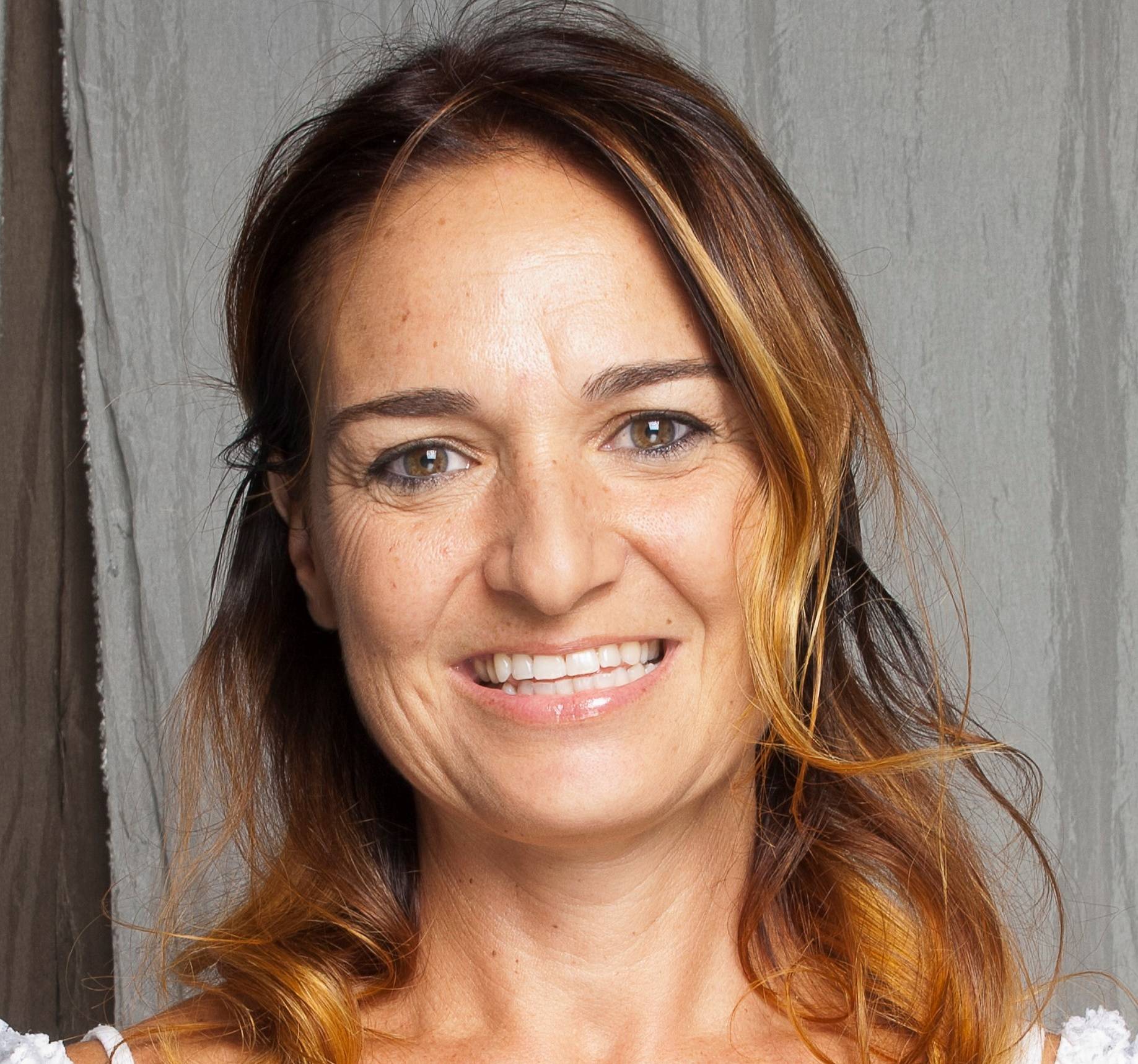
Elena Manini
- Role:
- Team Member
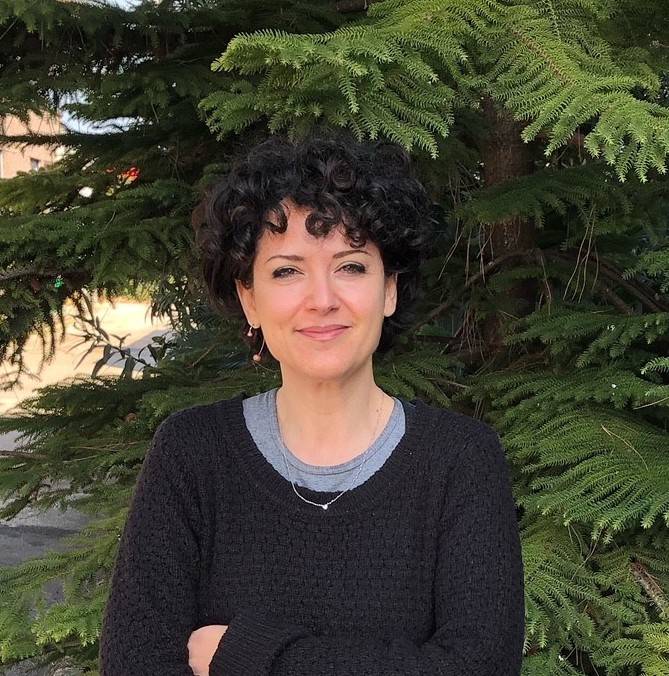
Grazia Marina Quero
- Role:
- Team Member
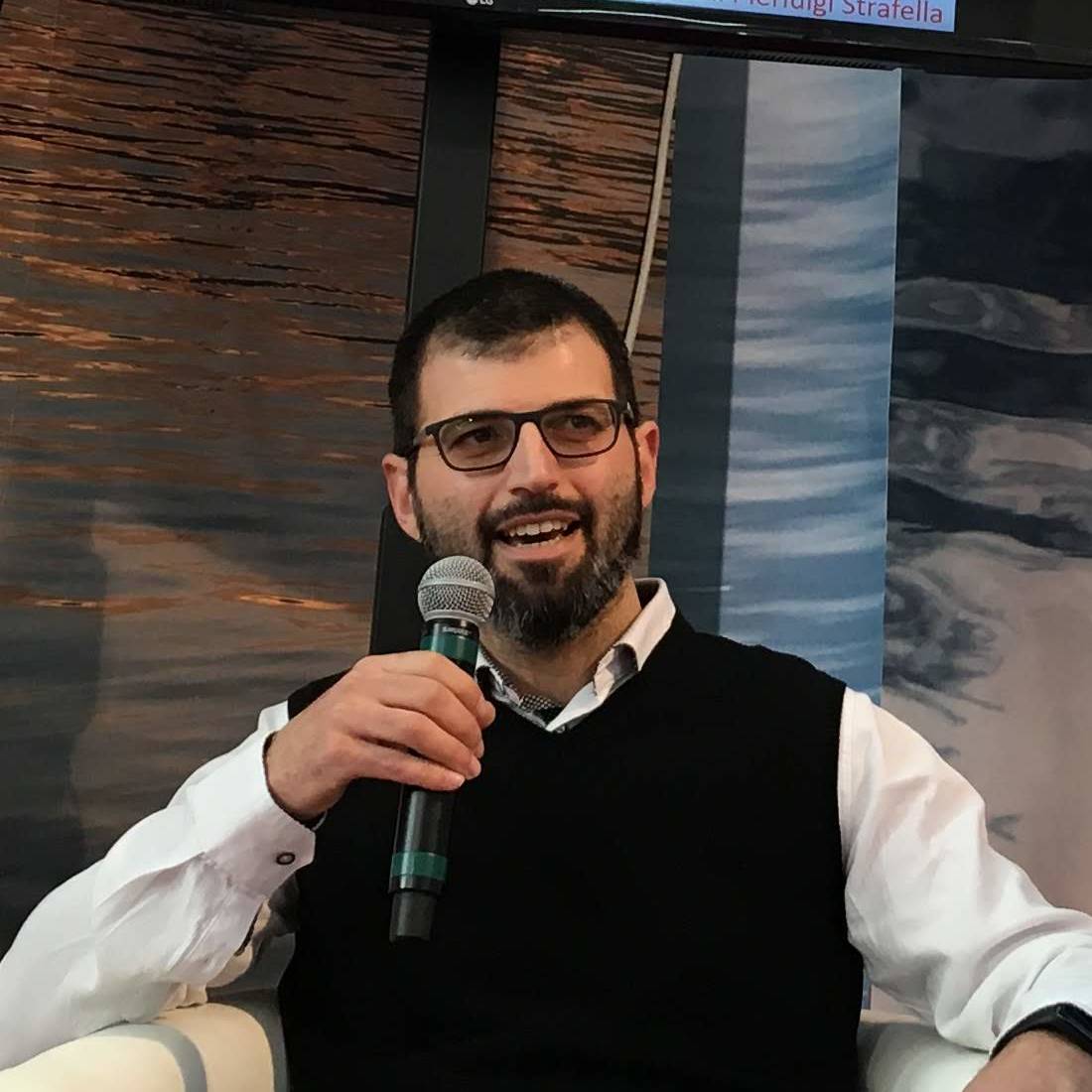
Pierluigi Strafella
- Role:
- Team Member

Marco Basili
- Role:
- Team Member

Naomi Massaccesi
- Role:
- Team Member

Icra
- Country:
- Spain
The research team is based at the Catalan Institute for Water Research (ICRA), a multidisciplinary international water research centre located in Girona (Spain). ICRA addresses all aspects related with the water cycle, particularly those concerned with its treatment, supply, rational use, and the effects of human activity on water resources and the environment. Integration and promotion of the Mediterranean perspective on water issues is one of the main ICRA’s features, together with the multidisciplinary nature of the research carried out by ecologists, chemists, microbiologists, and engineers among others.
Team
Members of ICRA Research Team belong to the “Water Quality” area: Dr. Sara Rodriguez-Mozaz and Dr. Jose Luis Balcazar (research scientists) and Jose Castaño (PhD student).
ICRA team will assess the presence of antibiotics in water, sediment and fish of aquaculture facilities and their surroundings.

Sara Rodriguez Mozaz
- Role:
- Research Scientist and Team leader

Jose Luis Balcazar
- Role:
- Research Scientist

Josè Castano
- Role:
- PhD student

FHA
- Country:
- Germany
"Biology meets microelectronics” underlines the increasing importance of multi-disciplinary research. In this context, the INB (Institute of Nano- and Biotechnologies) at the Aachen University of Applied Sciences aims to combine synergistically its existing expertise in the fields of chemical sensors / biosensors, optical micro- and nano-system technology, nanoparticles, magnetic field sensors along with mammalian cell culture technology, applied immunology, industrial microbiology and bio-catalysis. The laboratories will focus their research activities on the pioneering spectrum of nano- and biotechnologies, a broad contemporary research area, fostering new ideas and the design of new products which may change our daily life.
Team
Silicon-based chemical sensors / biosensors offer a high potential of innovation: Miniaturization on the one hand, and the combination of sensors with microfluidics as multifunctional analytical systems such as “lab-on-a-chip” devices, on the other.
For sensor development, high standard silicon- and thin-film processing is necessary, along with facilities to establish the characterization and study of micro- and nanostructures, especially at their interfaces and surfaces.

Michael Schöning
- Role:
- Supervisor and Team Leader
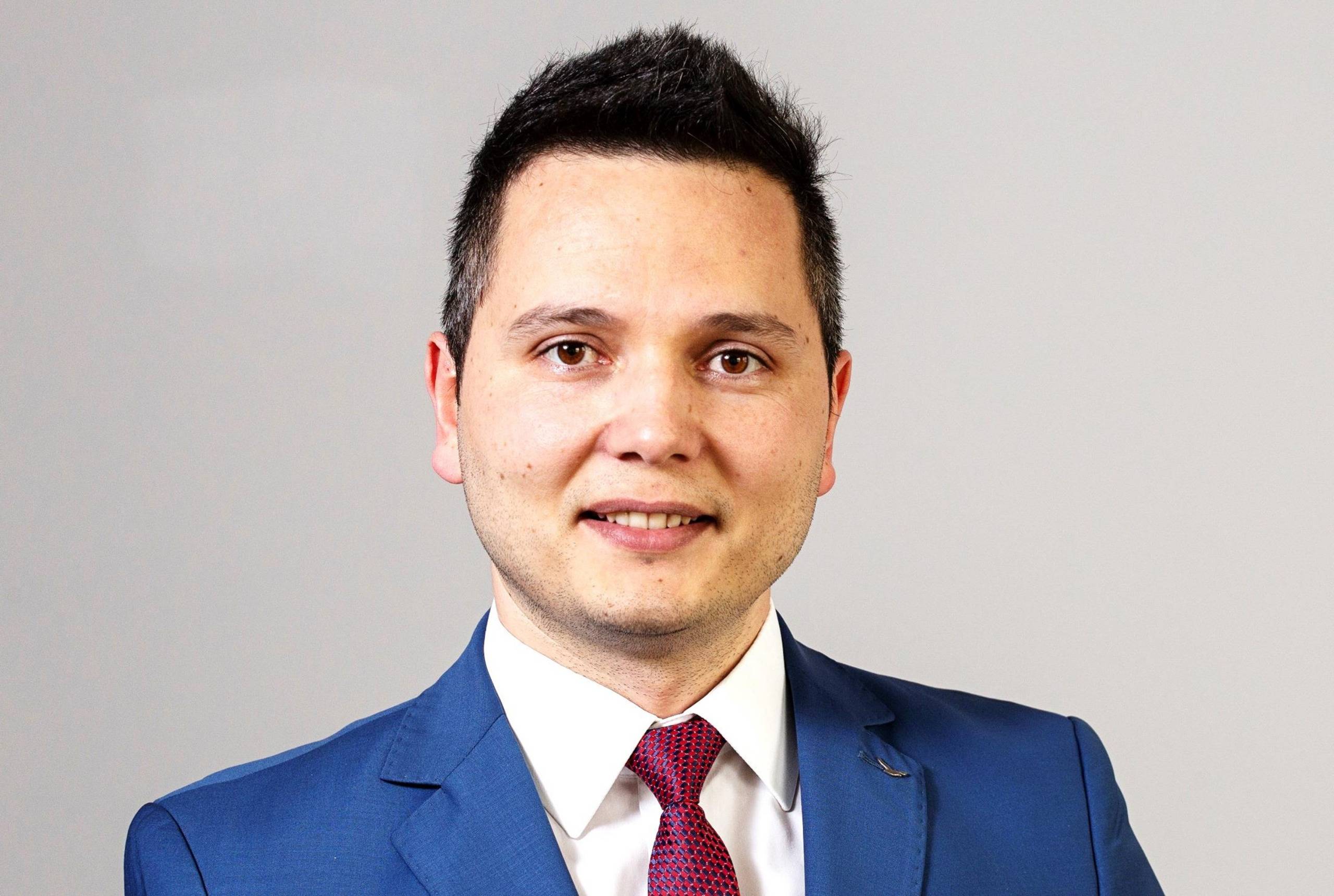
Dua Özsoylu
- Role:
- Postdoctoral researcher

Elke Börmann
- Role:
- Administration

Ku Leuven
- Country:
- Belgium
The Laboratory for Soft-Matter and Biophysics of KUL is specialized in the development of label-free biosensing methods and instrumentation, with a focus on portable sensing devices for on-site detection. KUL has a solid expertise in the synthesis of molecularly-imprinted polymer receptors (MIPs).
In ARENA, KUL will focus on a subtype of MIPs, the surface-imprinted polymer layers SIPs, which recognize and selectively bind target bacteria in complex samples. KUL will develop a novel synthesis protocol for serial fabrication of receptors, and, with FHA, will manufacture the portable sensors for the field studies.
Team
KUL team includes experts in the synthesis of molecularly-imprinted polymer receptors and, in particular, surface-imprinted polymer layers (SIPs) to selectively bind pathogenic bacteria as foreseen in the scientific objectives of the project ARENA.

Patrick Wagner
- Role:
- Team Leader

Uliége
- Country:
- Belgium
The Microbial Processes and Interactions (MiPI) lab of the University of Liège, Gembloux Agro-Bio Tech is focused on the analysis of the dynamics of microbial populations exhibiting phenotypic diversification and mutational adaptations in relevant ecosystems and in bioprocesses. In order to address these challenges, the MiPI lab has been focused on developing innovative single cell tools (e.g., on-line flow cytometry, microfluidics cultivation devices, genetically-encoded fluorescent biosensors) allowing to capture relevant single cell features (growth, viability, gene expression) among growing microbial populations.
Team
The team of MiPi actually comprises two technicians, 7 PhD students and 2 post-docs.
The MiPi team involved in ARENA team is composed by Frank Delvigne and Mathéo Delvenne.
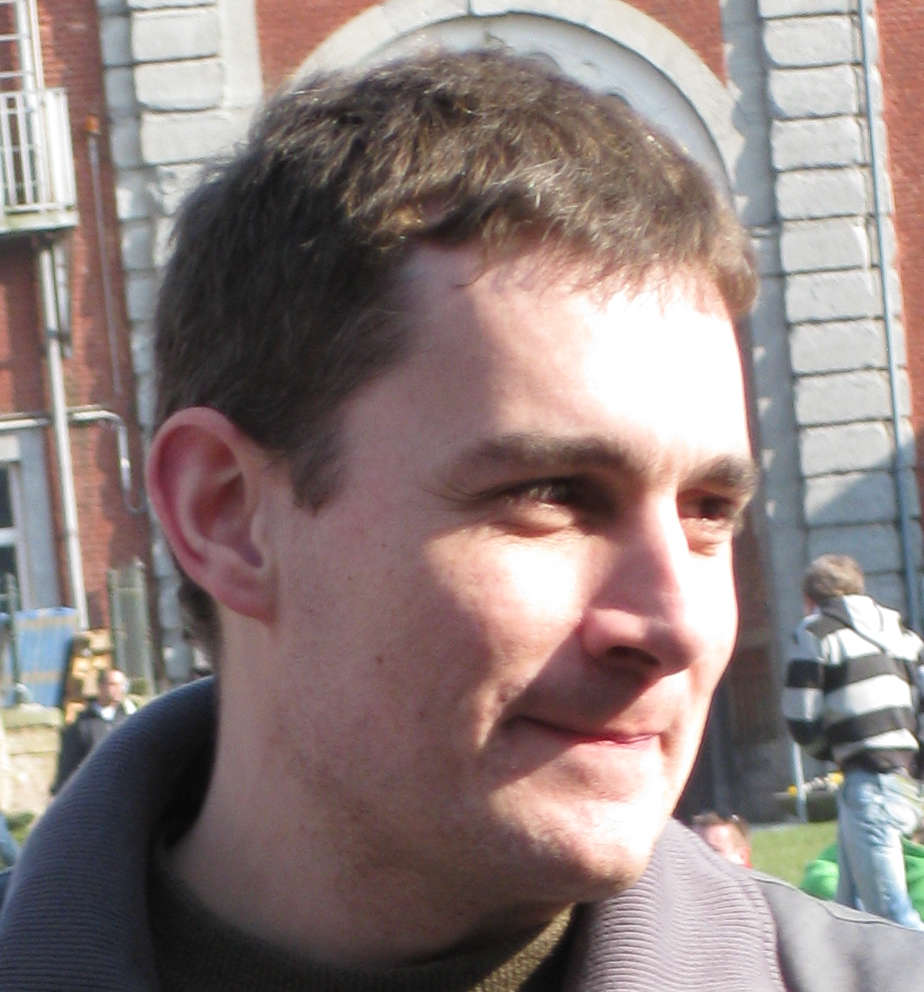
Frank Delvigne
- Role:
- Researcher and Team Leader

Mathéo Delvenne
- Role:
- PhD student and Team Member



